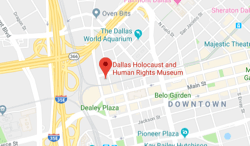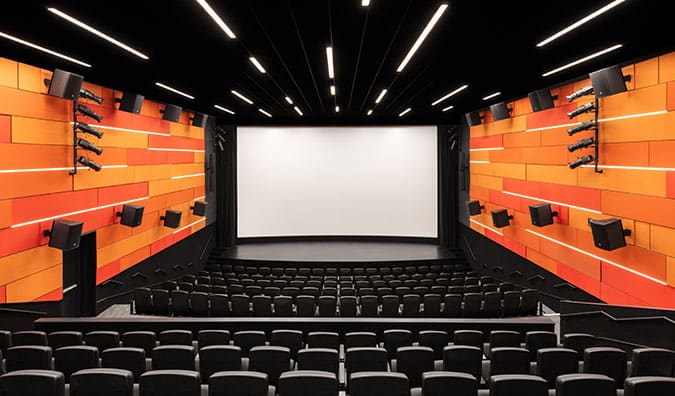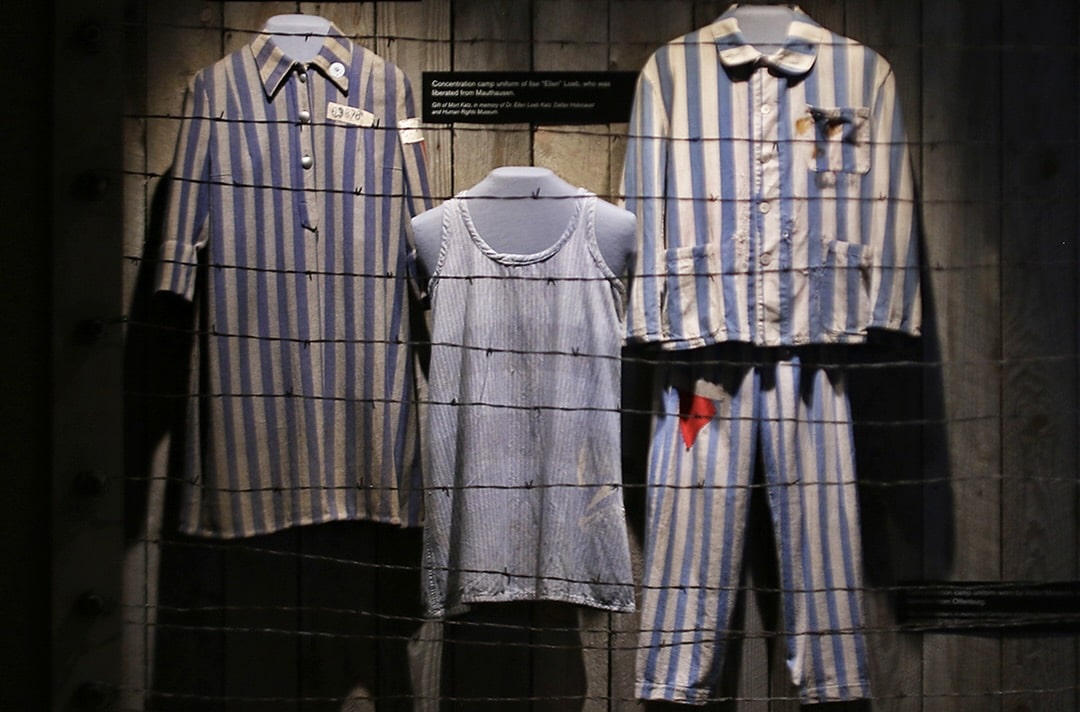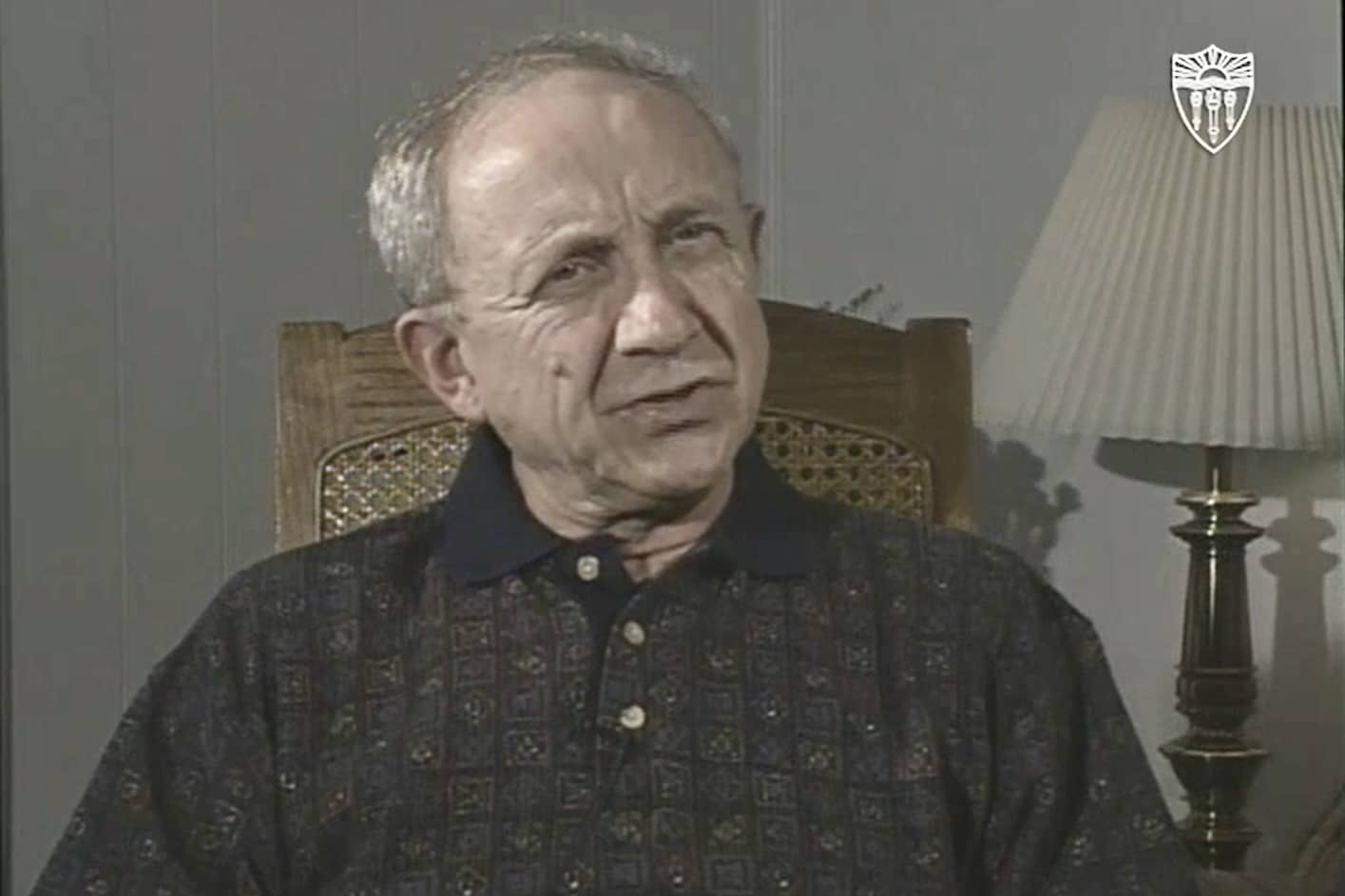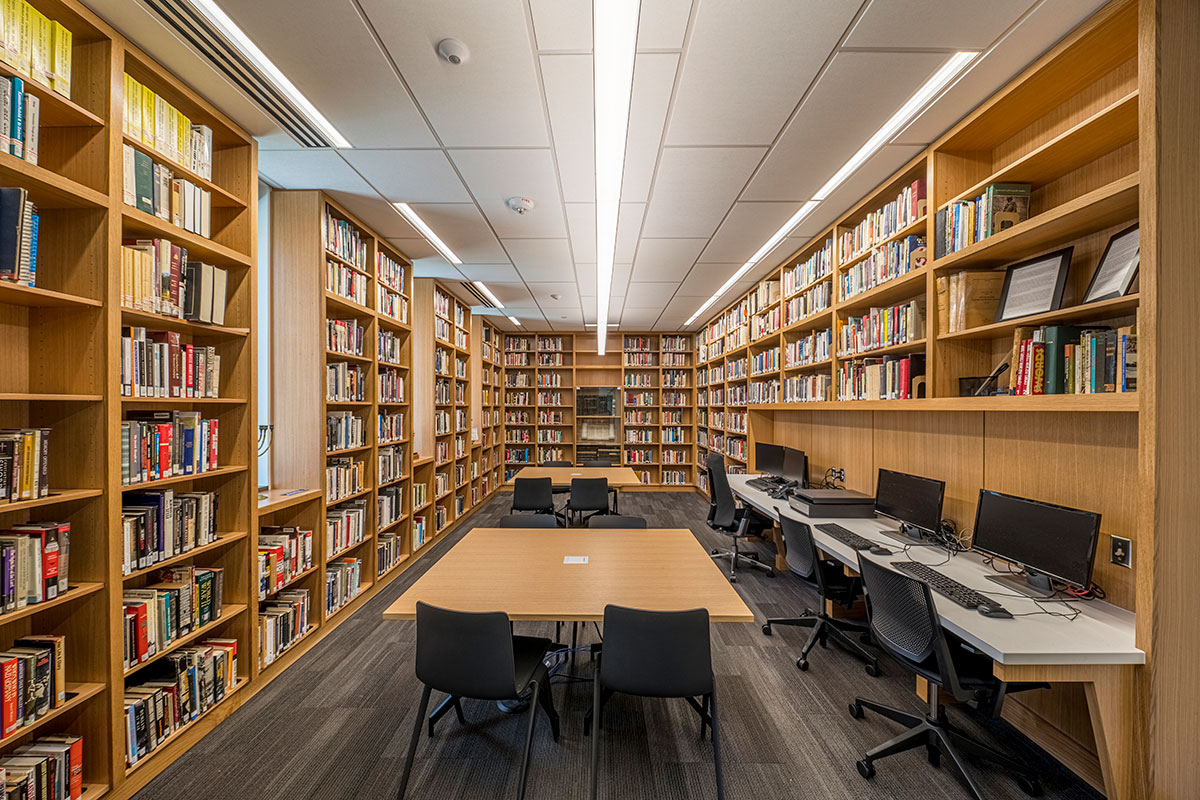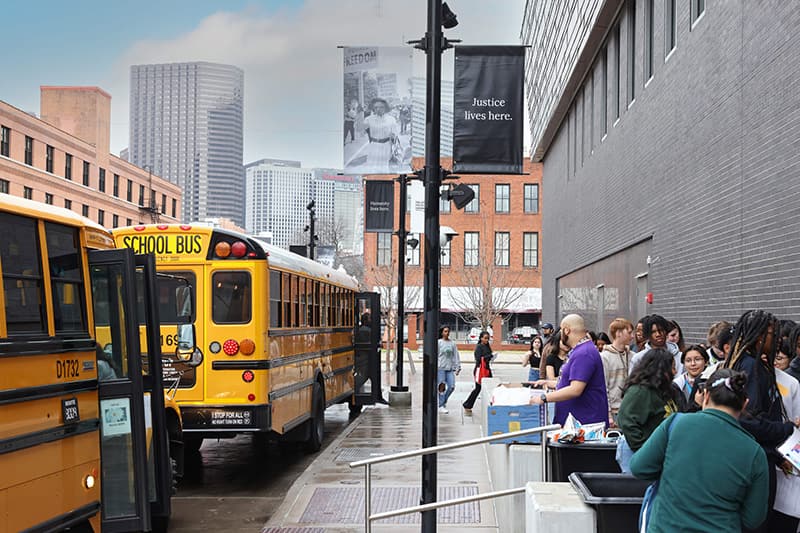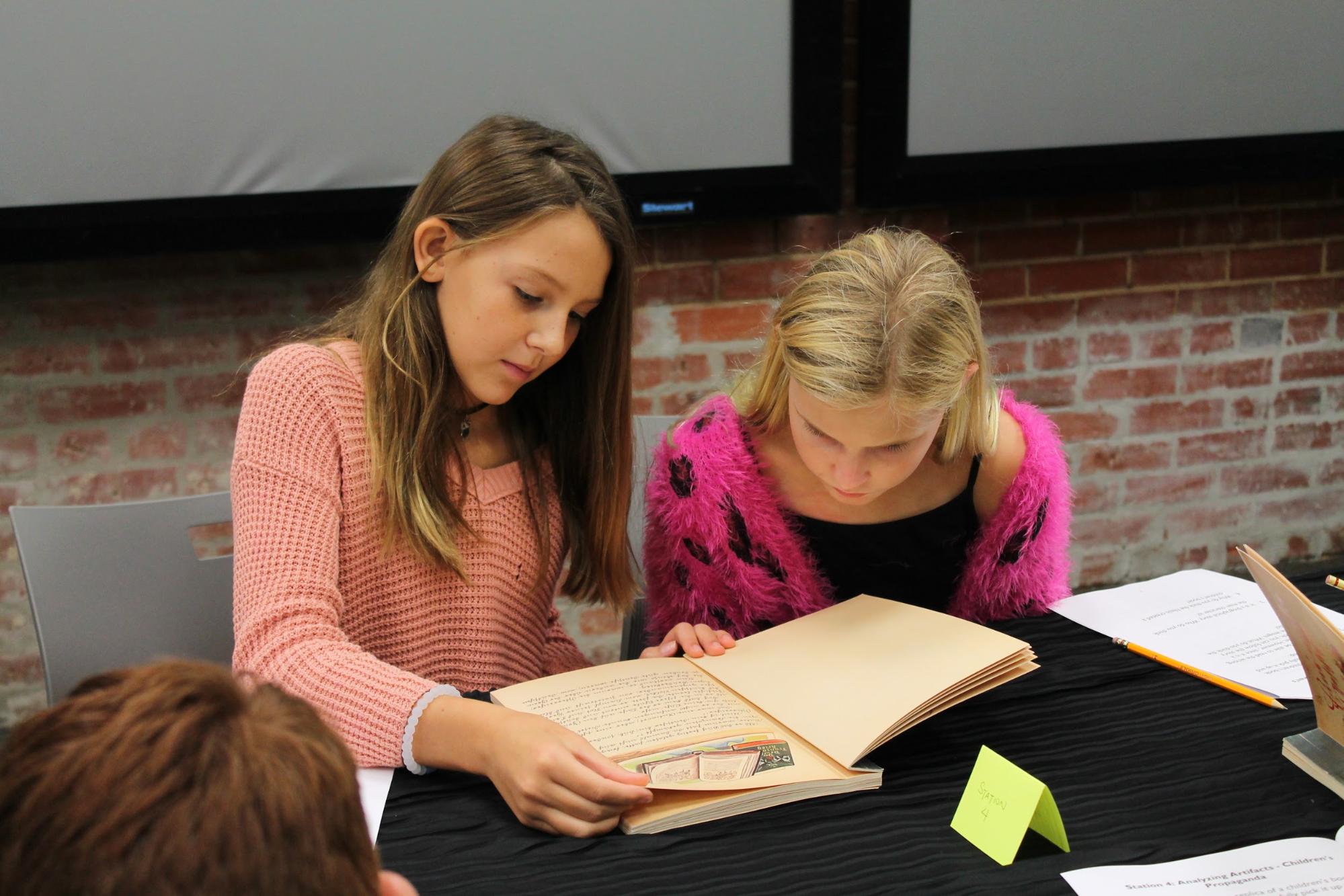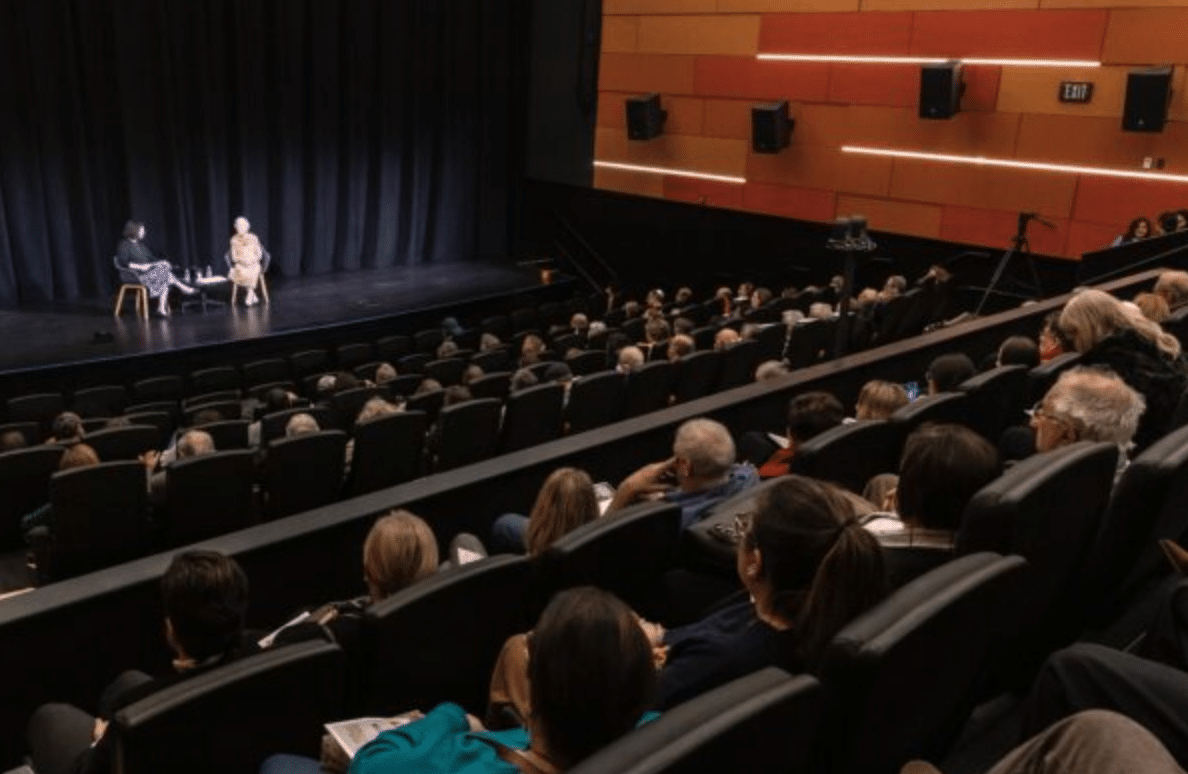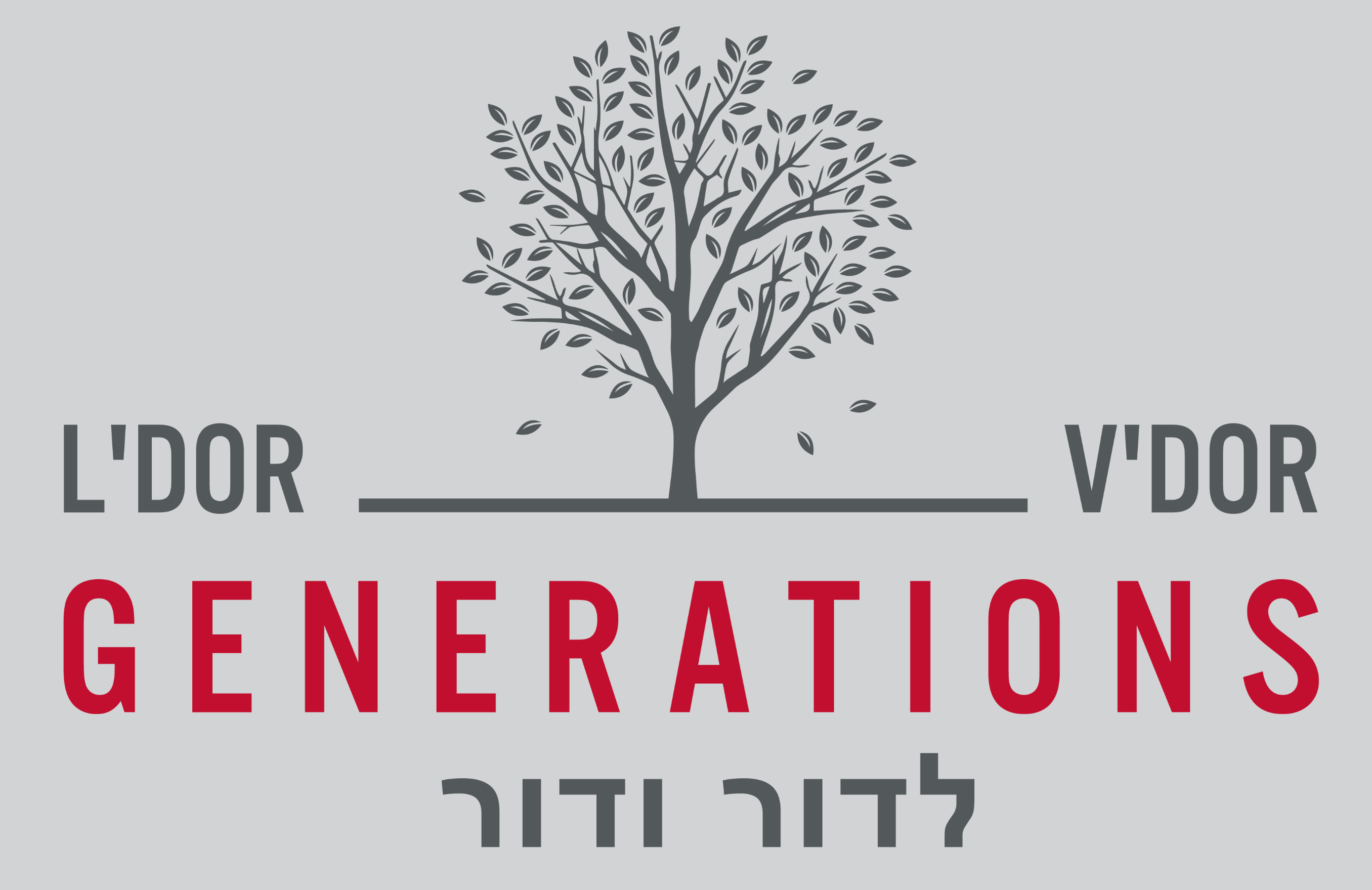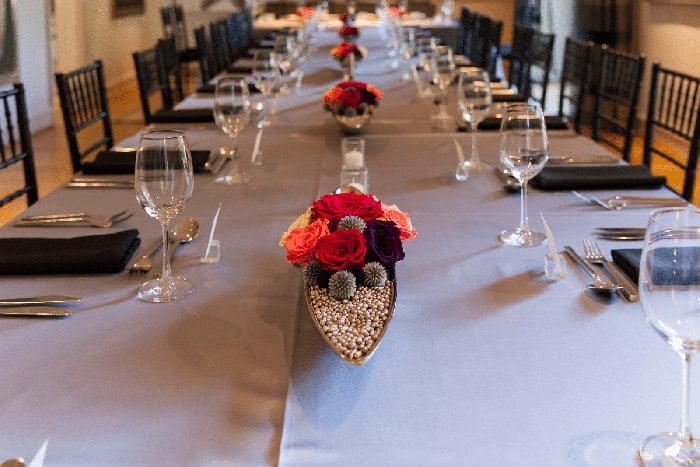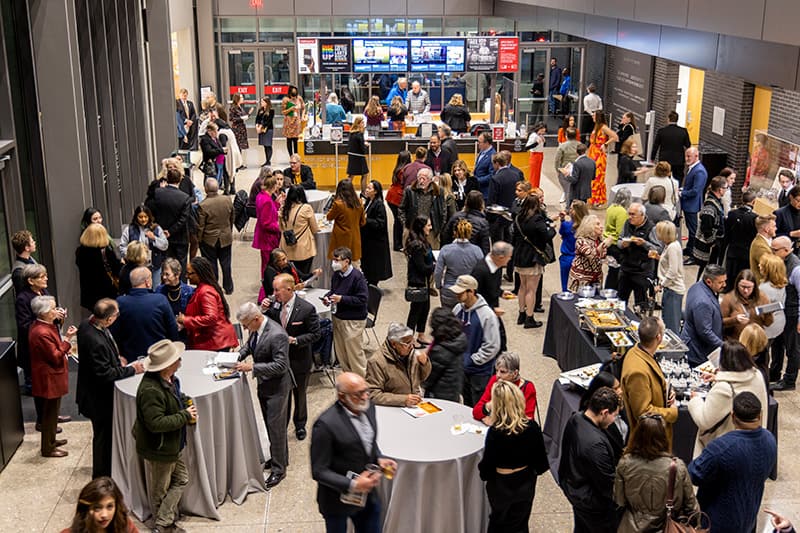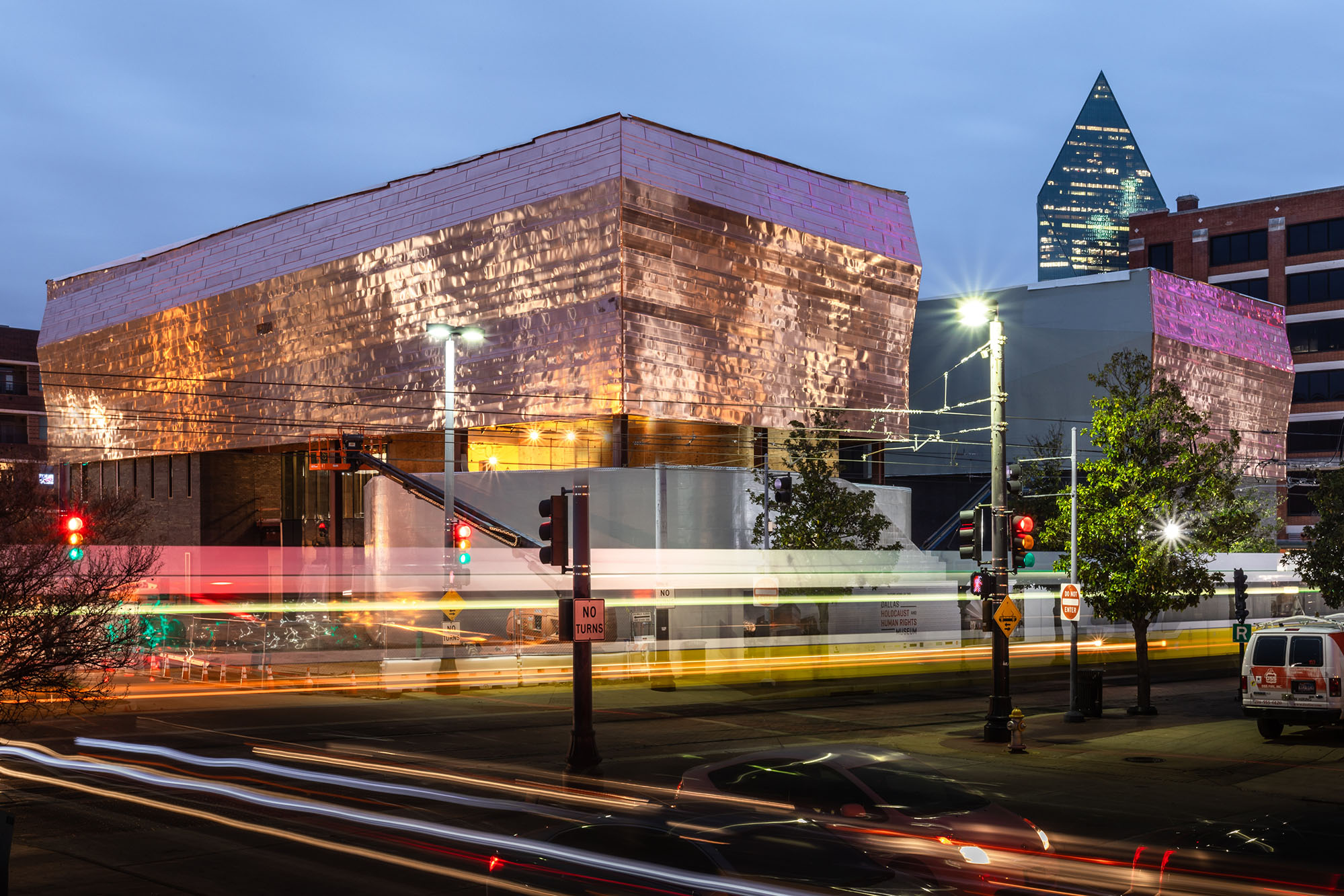The Dallas Holocaust and Human Rights Museum is pleased to announce a new exhibition, “The Girl in the Diary: Searching for Rywka from the Łódź Ghetto,” honoring the life of Rywka Lipszyc, a teenage Polish victim of the Holocaust who documented her life in the Łódź Ghetto between October 1943 and April 1944.
In I945, Rywka’s diary was found in the ashes of a destroyed crematorium in the liberated Auschwitz-Birkenau Death Camp. Rywka’s diary told the story of a young girl who lost her siblings and parents, but never lost hope or her faith. More than 60 years after its discovery, the diary traveled to the United States, where it was translated from Polish, supplemented with commentaries, and published in book form as a moving memoir of life and adolescence in the Łódź Ghetto.
In cooperation with the Galicia Jewish Museum in Kraków, Poland, the special exhibition will feature excerpts from the diary, multimedia displays, and historical artifacts, allowing visitors to briefly walk the streets of the Łódź Ghetto and get to know one of its residents, Rywka Lipszyc.
“We are honored to work with the Galicia Jewish Museum to present this important exhibition about a young girl’s harrowing journey in 1940s Poland,” said Mary Pat Higgins, Museum President and CEO. “Rywka’s story could have been lost to time if not for its providential recovery, which is why we believe it is so important to tell her story and give today’s generation the opportunity to witness the horrors of hatred and discrimination in our history while being refreshed by a young girl’s resilience in the face of incredible hardship.”
The diary contains firsthand accounts of Rywka’s life and Nazi cruelty in the Łódź Ghetto. The exhibition reconstructs what might have happened during her subsequent transfer to and experiences in the infamous death camp, Auschwitz-Birkenau. Though there are no surviving photographs of Rywka, her spirit lives on through her words and her courage to write about the horrors of the Holocaust.
The exhibition will open Thursday, July 14, with a special program featuring a conversation with Jakub Nowakowski, Director of the Galicia Jewish Museum and Co-Curator of the exhibition. An experienced researcher and published author of scholarly articles on the Holocaust and other Jewish historical events, Nowakowski’s efforts to bring Rywka’s story to life have inspired thousands.
“I am pleased to be working with the Dallas Holocaust and Human Rights Museum to bring Rywka’s story to Texas,” said Nowakowski. “Her life in the ghetto and Auschwitz were marked by unimaginable suffering and hard labor, but her memory lives on through her diary and this important exhibition. We must continue to tell her story to generation after generation.”
The exhibition is supported by Betty Jo and David Bell and sponsored by Jewish Federation of Greater Dallas, Larry Ginsburg, Shula and Aharon Netzer, Celia and Larry Schoenbrun, and Joanne and Charles Teichman/Ylang 23. Community partners include Big Brothers Big Sisters Lone Star, Legacy Senior Communities, Southwest Jewish Congress, and Temple Shalom.
The exhibition will remain on view until December 31, 2022.
# # # #
About the Dallas Holocaust and Human Rights Museum
The mission of the Dallas Holocaust and Human Rights Museum is to teach the history of the Holocaust and advance human rights to combat prejudice, hatred, and indifference. Founded in 1984 by local Holocaust survivors, the institution now resides in a new building in downtown Dallas where visitors experience a deeper immersion into the history of the Holocaust, human and civil rights, their centrality to our democracy, and their vital importance in preventing events like those of the Holocaust from happening again. The 55,000-square-foot permanent home covers three floors, and the main exhibition includes four wings that teach about the Holocaust, the creation of the Universal Declaration of Human Rights after World War II, historical and contemporary genocides, and America’s civil rights journey. Please visit DHHRM.org or call (214) 741-7500 for more information.
